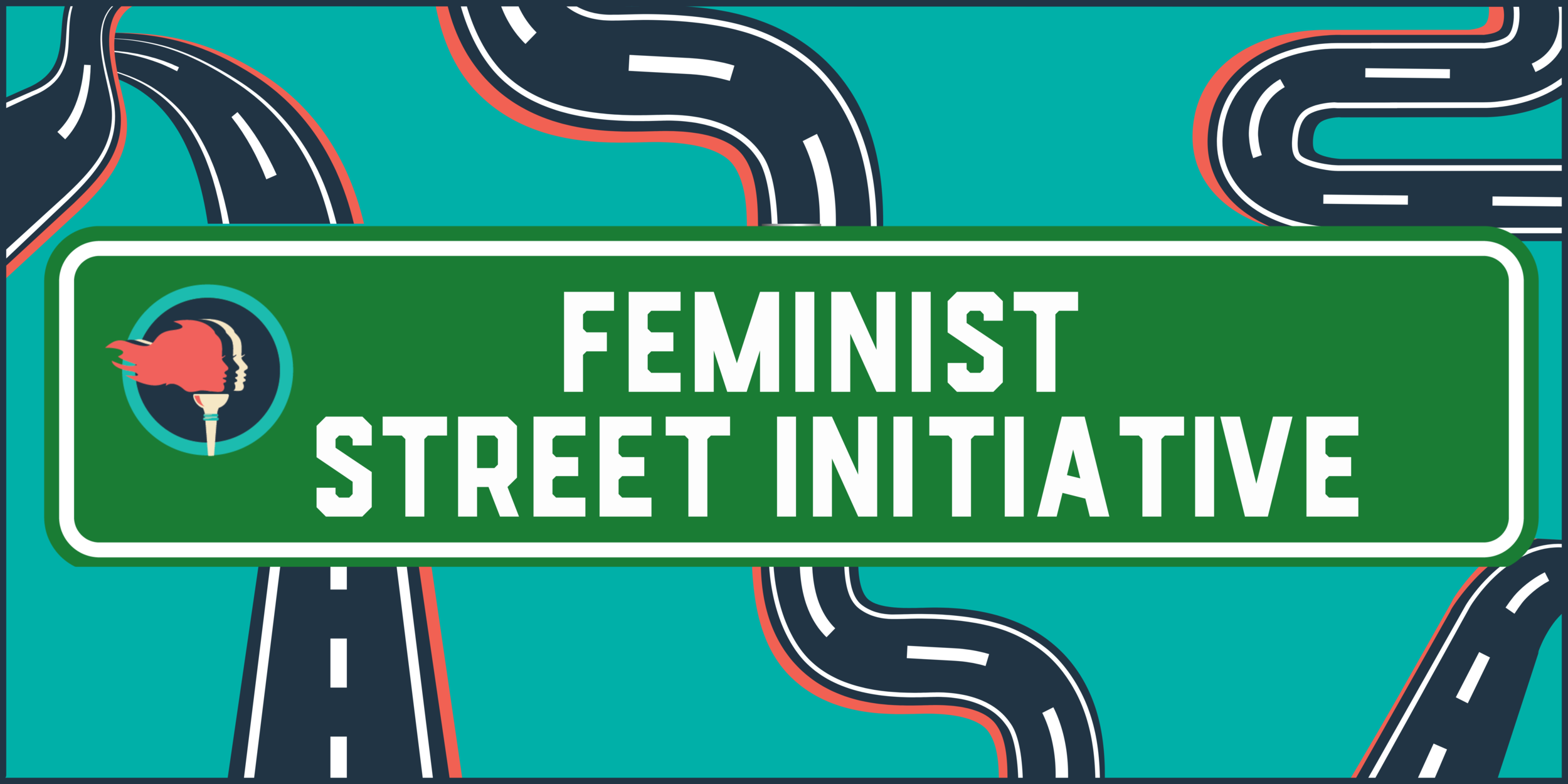
The Feminist Street Initiative aims to get more streets named after historical women
Just before the start of Women’s History Month, the Women’s March Foundation announced a new initiative to get more streets named after women.
The Women’s March Foundation has started an initiative to get streets renamed after women with the Feminist Street Initiative. According to their website, out of the 240 million streets in the United States, 5,000 are named after George Washington and three-fourths are named after men. The initiative is in part to celebrate the fifth anniversary of the Women’s March.
They are currently trying to get streets in Los Angeles renamed after Biddy Mason and Dolores Huerta.
Mason helped found the First African Methodist Episcopal Church, and the first elementary school for Black children in Los Angeles.
Huerta is a co-founder of the National Farmworkers Association, now called the United Farm Workers, and is also a civil rights activist and labor leader.
Other women listed on the Foundation’s website to get their own renaming campaign are Maya Angelou, Sojourner Truth, Wilma Mankiller, Ruth Bader Ginsberg, and Gloria Steinem.
Maya Angelou
Maya Angelou was an author, poet, and civil rights activist. She was born in 1928 and her most notable work, “I Know Why the Caged Bird Sings,” is a semi-autobiographical novel about her early life. In addition to this, she wrote six other autobiographies, collections of poems and personal essays, children’s books, plays, scripts, and albums.
In 1993, she was invited to write and read a poem for Bill Clinton’s inauguration. She received many awards throughout her long career, including two Grammys, the National Medal of the Arts, and the Presidential Medal of Freedom. In 2022, she became the first Black woman to be featured on the quarter as a part of the American Women Quarters Program.
Sojourner Truth
Sojourner Truth was an abolitionist and women’s rights activist. She was born into slavery in 1797 in New York. She ran away from her former master in 1827 after he failed to free her under the New York Anti-Slavery Law of 1827. When her youngest son, Peter, was illegally sold into slavery in Alabama, she became the first Black woman to successfully sue a white man. She became a preacher in the 1840s and was involved in the abolition and suffrage movements. She did a speaking tour in 1851 where she gave her most famous speech, “Ain't I a Woman.”
Despite this being what the speech is known as today, this phrase may not have been in the actual speech. It was first introduced in a transcript of the speech written by Frances Gage. This version was published 12 years after the original speech and depicted Truth speaking with a thick Southern accent. She more than likely didn’t have such an accent since she was born and raised in a Dutch-speaking part of New York State. The oldest transcript of this speech was published by Marius Robinson a month after it was given. It does not contain the phrase or the accent.
Wilma Mankiller
Wilma Mankiller was the first female Principal Chief of the Cherokee Nation. She was born in 1945 in the Cherokee Nation. Her family moved to San Francisco when she was 11. She moved back in 1977 following her divorce from her first husband.
She then founded the Community Development Department for the Cherokee Nation, which helped people get housing and water. In 1983, Mankiller was elected deputy chief under Principal Chief Ross Swimmer. She took over in 1985 when Swimmer went to the Bureau of Indian Affairs. She was elected to the office in 1987 and served as Principal Chief until 1995.
During her tenure, Mankiller improved education and employment, tripled the tribe’s enrollment. She also brought down infant mortality and built houses and other amenities. Like Maya Angelou, she is part of the American Women Quarters Program and has received the Presidential Medal of Freedom.
Ruth Bader Ginsberg
Ruth Bader Ginsberg was the first Jewish woman and second woman overall to serve as a U.S. Supreme Court Justice. She was born in 1933 in Brooklyn, New York. She attended Cornell University for her bachelor’s degree and graduated in 1954. She married her husband the same year. After Cornell, she began at Harvard Law School. She faced so much sexism while there that she transferred to Columbia University for her last year and graduated in 1959.
RELATED CONTENT
After law school, she worked various jobs in the field, including law clerk and research associate. She taught at Rutgers University School of Law for almost 10 years before switching to her alma mater in 1972. There, she became the first woman to receive tenure.
During the 70s and 80s, she was also involved in the American Civil Liberties Union (ACLU). In 1980, she was appointed to the United States Court of Appeals for the District of Columbia Circuit. She served there until 1993 when President Bill Clinton nominated her to the Supreme Court. Ginsberg served on the Supreme Court until her death in 2020.
Gloria Steinem
Gloria Steinem is a journalist, women’s rights activist, and feminist organizer. She was born in Toledo, Ohio in 1934. She graduated magna cum laude from Smith College in 1956, before studying in India for two years.
When she started her career in journalism, she had a difficult time getting hard-hitting social or political assignments. In 1963, she wrote the exposé “I was a Playboy Bunny” for Show Magazine on the conditions the Playboy Bunnies faced in the Playboy Club. Although the undercover assignment was more like what she wanted to write, Steinem found herself being taken less seriously after the story came out.
In 1968, she began at New York magazine as a political writer and editor. There she wrote on many topics, including the women’s liberation movement. She joined this movement in 1969 after speaking at an event.
In 1971, she started Ms. Magazine with Letty Cottin Pogrebin and Patricia Carbine as a magazine for the women’s liberation movement. She was a writer and editor for the magazine for 15 years. In addition to the magazine, she also helped start several women’s rights organizations, like the Women’s Media Center and Voters for Choice.
In 2013, Steinem received the Presidential Medal of Freedom.
People can submit their own suggestions by sending an email to: feminist@womensmarchfoundation.org











LEAVE A COMMENT: